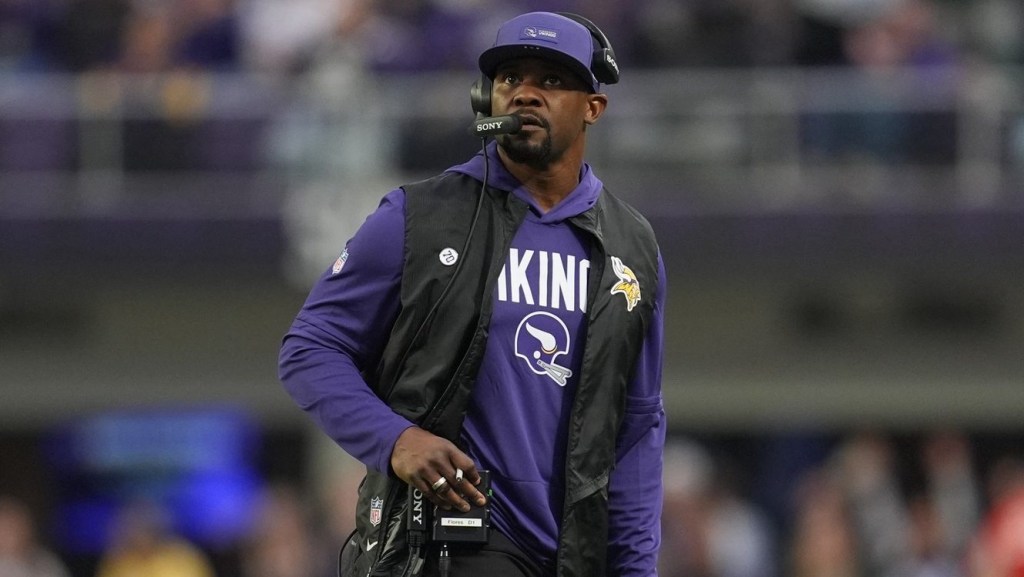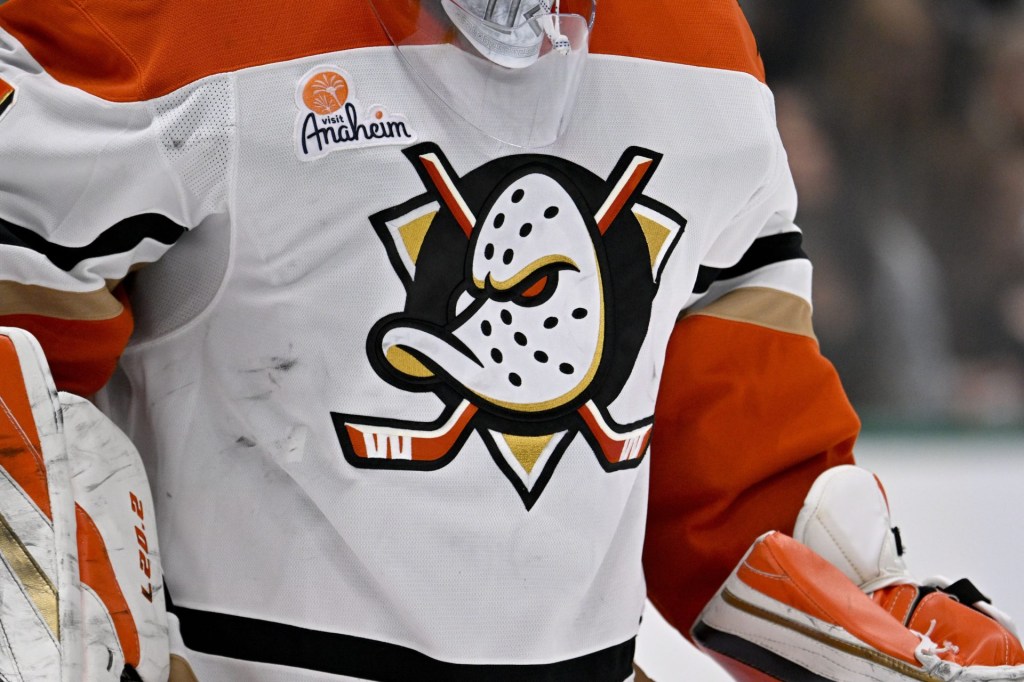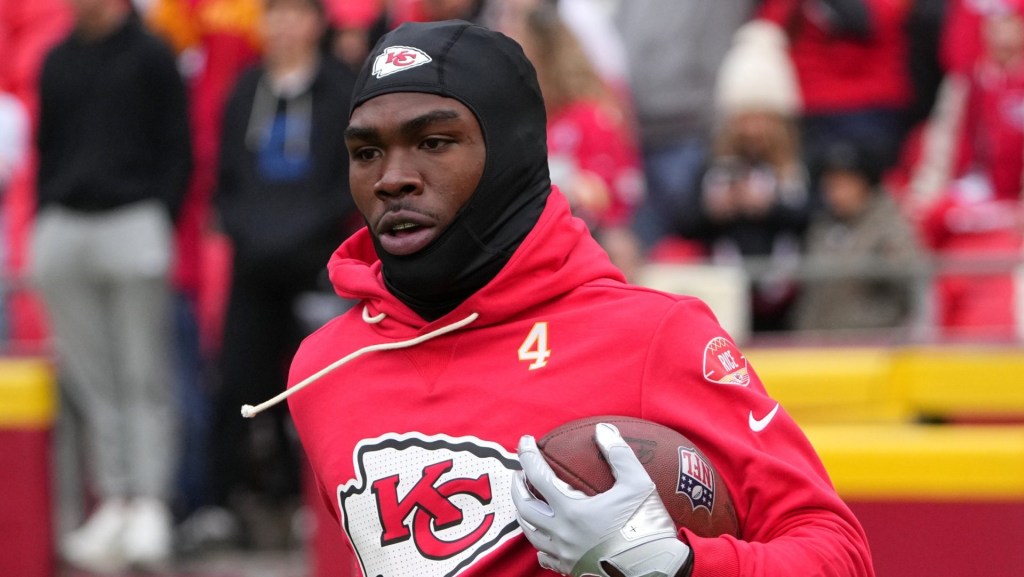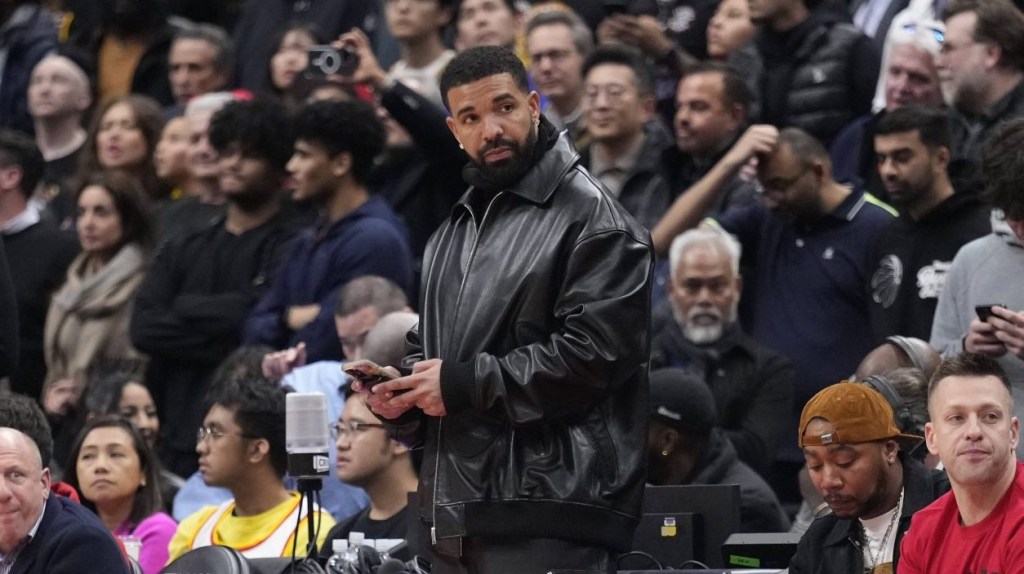In January 2019, Brett Favre hosted a sales presentation at his Mississippi home to discuss Prevacus, the drug company founded by Jake VanLandingham that, by year’s end would illegally receive more than $2 million in federal welfare funds.
On Wednesday, VanLandingham was indicted, making him the latest person hit with federal charges for alleged involvement in a scheme that saw more than $90 million in diverted Temporary Assistance for Needy Families funds—federal money earmarked for the poorest residents of Mississippi, the most impoverished state in the U.S.
Favre is now the only person among the six at that meeting who hasn’t been charged criminally—though he has denied any wrongdoing—and the window to charge him, due to the statute of limitations, is closing.
“The feds are really taking this one down to the wire,” says Matt Tympanick, a veteran criminal defense attorney who has followed the case closely but is not involved in the proceedings.
The federal investigation remains ongoing, and nailing down how much time is left for prosecutors to indict anyone else is a bit fuzzy.
Experts say statute of limitations exist for good reason. “It’s about protecting the integrity of the judicial system itself by making sure that trials are brought in a quick and expeditious way,” says William J. Bang, a Virginia-based attorney at PJI Law, LLC. “After time passes, you can have evidence that starts to spoil or gets lost. Witnesses’ recollections start to get hazy. It gets harder to find people. I think there is a general sentiment that you don’t want something hanging over a defendant’s head forever, but that’s not really why statute of limitations exists. It’s about ensuring that both sides have a fair chance to gather the evidence that they need.”
Two months before Favre was first connected to the scandal in a report generated by Mississippi State Auditor Shad White, the first indictments were handed down by Hinds County (Miss.) District Attorney Jody Owens in February 2020. Among those initially indicted were Nancy New and her son, Zach, who led the nonprofit Mississippi Community Education Center, where the TANF funds were funneled through to Favre and others, and John Davis, the head of MDHS when the TANF money was illegally distributed. Teddy DiBiase Jr., a former WWE wrestler and the son of former pro wrestler “The Million Dollar Man,” was charged by federal prosecutors in April 2023 over allegations he received millions in TANF funds.
All four were at Favre’s house for that Jan. 2, 2019, meeting with Favre and VanLandingham. The News and Davis accepted plea deals contingent on their cooperation with the ongoing probe, and there are signs VanLandingham has entered into a similar agreement as part of his plea deal. DiBiase Jr. pleaded not guilty and is scheduled to go to trial in January.
Text messages show Favre’s quest for funds—which he denied knowing came from welfare dollars—began in 2017 after then University of Southern Mississippi president Rodney Bennett said in a deposition that Favre entered into a handshake agreement to cover the costs for a volleyball arena at the University of Southern Mississippi, Favre’s alma mater and where his daughter, Breleigh, committed to play.
The deposition is part of the MDHS lawsuit that seeks to recover the millions of misspent welfare funds. Favre is among more than 40 defendants in the case filed more than two years ago that still doesn’t have a trial date.
Favre has been connected to about $8 million in misappropriated TANF funds.
The USM Athletic Foundation received $5 million sourced from TANF dollars by the end of 2017—and Favre personally received the first portion of the $1.1 million in TANF funds in late December 2017. (Favre received the other chunk in June 2018.) The money that went to Favre directly was earmarked for speeches and PSAs he was supposed to conduct at a time when around 98% of Mississippi applicants in need were denied. According to court records, he recorded only one radio PSA that spanned 20 seconds. He has since repaid the principal to the state, although White is seeking more than $700,000 in unpaid interest.
“Nancy Santa came today and dropped some money off 🙂🙂,” Favre wrote in a text to Nancy New on Dec. 27, 2017, the day of the first payment from New’s MCEC. “thank you my goodness thank you.”
Prosecutors could have less than three months to charge Favre, but legal experts say that those pursuing the case could get creative with the timing.
Both the volleyball arena and the funds Favre received directly could be out of bounds for anyone not charged who was involved with those fund distributions since the five-year statute of limitations appears to have tolled in late 2022. But, while prosecutors are unable to charge people for crimes past the expiration of statute of limitations, former federal prosecutor Jeffrey M. Chemerinsky tells Front Office Sports “there are ways in which you can encompass old conduct as part of the case.”
“You can probably include acts outside the five years in order to tell a coherent story,” says Chemerinsky, a partner at Kendall Brill & Kelly LLP and former chief of the U.S. Attorney’s Office for the Central District of California’s Violent and Organized Crime Section. “The key is that you need the last overt act within the conspiracy to have occurred within the five-year statute of limitations.”
And that’s where the other part of the $8 million in misdirected TANF funds linked to Favre could come into play: the more than $2 million that went to Prevacus, a drug company that was developing two concussion-related treatments. Favre was Prevacus’s largest individual investor and served as a spokesperson for the company, according to court documents.
“Surprise [Davis] with a vehicle. … We could get him a Raptor,” Favre wrote in a January 2019 text to VanLandingham.
Just as with the volleyball arena and the funds for the speeches and PSA, Prevacus received six payments (all sourced from TANF money) that totaled $2.1 million. The last payment occurred on Oct. 7, 2019—leaving potentially less than three months for charging anyone not already indicted for any transactions deemed to be illegal.
There are multiple explanations for the delay.
“White-collar cases … can involve complex issues of proving intent,” Chemerinsky says. “As part of the investigation, there could be an extensive grand jury investigation. They could have developed some co-operators since the co-defendants entered into plea agreements. It could be that they’ve just very methodically put together a case knowing that they really weren’t under pressure.”

















